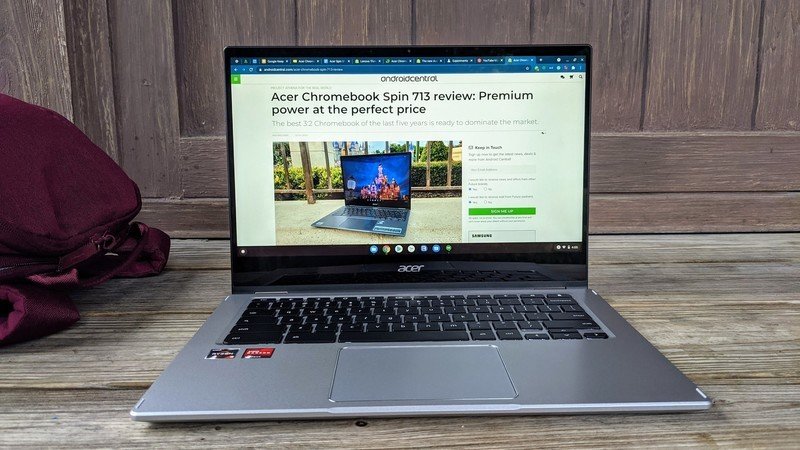
What you need to know
- Google is upgrading ChromeOS with Android tech to unlock more AI features for Chromebooks, but these changes will take some time to appear.
- ChromeOS will adopt key Android components, like the Linux kernel and frameworks, to speed up AI integration and enhance device compatibility.
- Google assures consumers, businesses, and schools that the integration will be smooth, with regular updates and no disruptions to future hardware plans.
Google is changing ChromeOS under the hood by borrowing tech from Android to supercharge your beloved Chromebooks with new AI features, but it'll be a while before you see them.
In a recent blog post, Prajakta Gudadhe and Alexander Kuscher, the directors of engineering and product management for ChromeOS, shared a new plan to speed up the rollout of Google's AI features to Chromebooks. Their strategy involves blending key parts of the Android system into ChromeOS. This combined approach is meant to bring advanced AI capabilities to Chromebooks faster than ever.
Google has detailed which Android parts ChromeOS will be adopting, including the Android Linux kernel and its frameworks. This move goes beyond just adding AI features; Google believes it will bring two big benefits: simplifying engineering work and improving how well Chromebooks, mobile devices, and accessories work together.
Google wants to reassure users—whether they’re consumers, businesses, or schools—that this integration will go off without a hitch. The usual four-week update cycle will stay on track, guaranteeing a steady rollout of new features. Future hardware plans are also unchanged. The biggest change to expect is a future where new features are delivered more often and with a bigger impact.
While we're still figuring out the long-term impacts, merging Android and ChromeOS kernels is a pretty exciting idea. This foundational shift might soon create a more seamless and unified experience for users across both platforms.
Google acknowledges that it will take a while before consumers and organizations can enjoy the benefits of this unified technical foundation. However, it's committed to ensuring a smooth transition when the time comes.
Meanwhile, the regular software update schedule will stay in place, so users will continue to receive the latest features and improvements without interruption.
This joint effort is another step in the ongoing collaboration between the ChromeOS and Android teams. Their past successes with integrating Android apps and Bluetooth features into ChromeOS may give us confidence that this new initiative will be executed smoothly.







